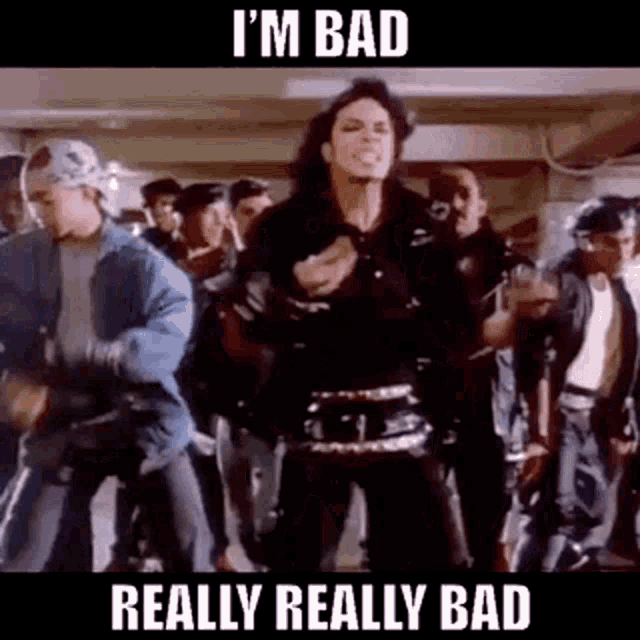This aligns well with something I wrote during a long period of loneliness and mild depression:
even my successes are failures.
TL;DR: lonely people often have maladaptive self-schemas which feel incongruent with compliments.
Thank you. You’re a beautiful person.
Thanks! Updating self-schema… beautiful.
Schema error: invalid type: HAPPINESS
Install Buddhist emptiness dependency for dynamic typing.
Can you ELI5?
You grow up with people telling you you’re bad and you believe it. Later people tell you you’re good but it feels wrong because you believe you’re bad.
What about when you grow up being told you’re good, but your brain so overemphasizes negative experiences that it convinces itself that you’re bad despite everyone in your life trying to say otherwise?
That negativity bias is real! We can learn to counteract that bias, a good book on the subject is Rick Hanson’s Hardwiring Happiness.
Real experience is more important than words. If you constantly feel bad because of real experiences, chances are high that you are actually bad. Having negative experiences is not a guarantee that you’re bad, but if you consistently have more than others, it might likely be a sign of being bad. Overemphasizing is also something bad.
The communication shouldn’t be that “you’re actually well”, because it’s simply not true. If you overemphasize negative experiences, you have a problem, you aren’t well. The communication should instead be that it’s ok to have that problem, there are ways to solve this problem, and it’s possible to become good (again). Because that’s also true and doesn’t depend on deluding yourself.
because you believe you’re bad.

Sometimes you might grow with people telling you you’re good, but utterly inadequate dumbasses, and still believe you are good. Just not believe anyone around to say compliments sincerely and adequately at the same time. Either they say compliments, but they are dumbasses just like your immediate family, or they say compliments, but they can’t be trusted. And also due to all those inadequate people around you learn to doubt everything , yourself first and foremost to god forbid avoid becoming like them. As a result, feeling shit about any compliments by themselves. Even if you like a girl, her just keeping talking to you is very pleasant, but her compliments seem like a way to hide some kind of alienation.
But what if I am bad?
Who told you that you are bad? Can you trust their assessment? Was their assessment correct at the time of assessment? Have things changed since that assessment? Did they know everything about you to be able to make that assessment? Bad in what way? In every way? How could that be possible?
We barely understand ourselves, how can we rely on anyone to make that judgement?
As a child, when parents were infallible, the only known options were that I was bad or that my parents didn’t love me. It was less painful to accept that I was bad, especially because the beatings, yelling, and isolation would have continued either way.
As an adult, I’ve learned that it’s possible that my parents just weren’t very good at being parents. While the compartmentalizing has become easier to perform, the emotional scars still take time to unravel
I was never told that I was bad, opposite of that, I was told to be bright and smart
Thus, I compared myself to others.
Except I never found myself to be better or equal in my comparisons, I felt lesser than, worse and irrelevant
Work on improving yourself, as you only as bad as you act.
Their self views don’t align with compliments.
Sample: 467 college students from Turkey; average age of 21 years old (range of 18 to 29 years); 83 percent female.
I’m glad this Psychology Today article is actually sharing the sample data. Not fully sure what to make of it.
It isn’t very random so it might not be general enough to make broad stroke inferences.
Yeah, I can’t trust most compliments given to me
Ironically enough, I live in the same nation this test was taken in—Turkey!
The only time I actually believed compliments that were given to me were
- Referencing something I never thought about: “Your hair is so nice!”
- Mentioning my appearance for the future or with conditions: “You would look pretty handsome if you just grew an inch and got muscle”
- Consistently mentioned or talked about in an unexpected moment: “Hey, you look pretty damn handsome in this picture”





